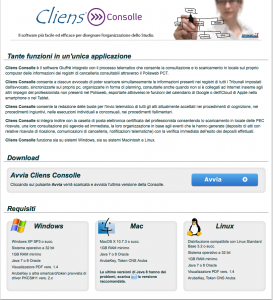Don’t take it personal. This is the mantra we’re all taught when entering the professional business. By don’t taking things “personally” – cognoscenti say – we are more independent, target-oriented, able to better work in a team.
But in the meantime, by not “taking things personally”, assignments are something that ends daily at 5 p.m. no matter what, ? companies are just a place to leave from as soon as a well paid (in power or money when and if a) job is found, work is not filled with passion, creativity and personal involvement. Greed and Laziness become your best buds and complaints become your only conversation topic.
On the contrary, if you “take it personal” the pivot of your world become the exploiting of your creativity, appreciation for a well done task and sharing your wisdom with your peers. As an accomplished craftsman or artist you put yourself in the things you do and things you do speak about you better than any fancy written CV.
Think of it, next time somebody hints you not to “take it personal”.

